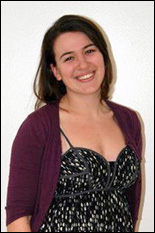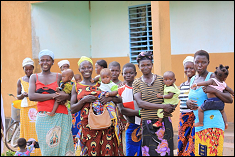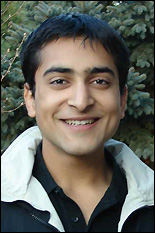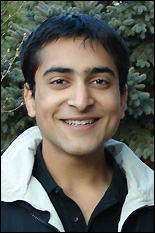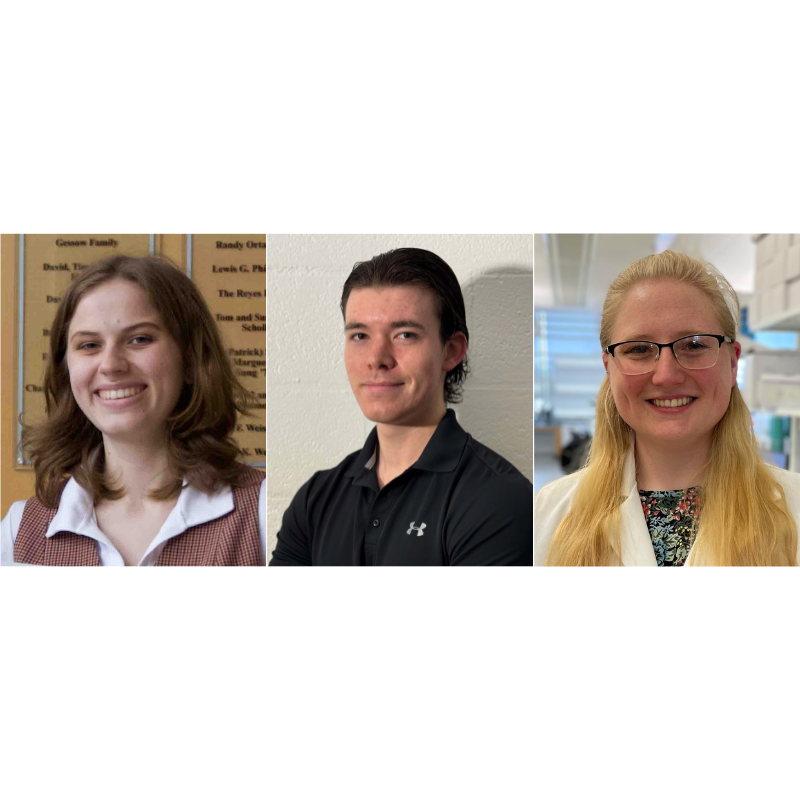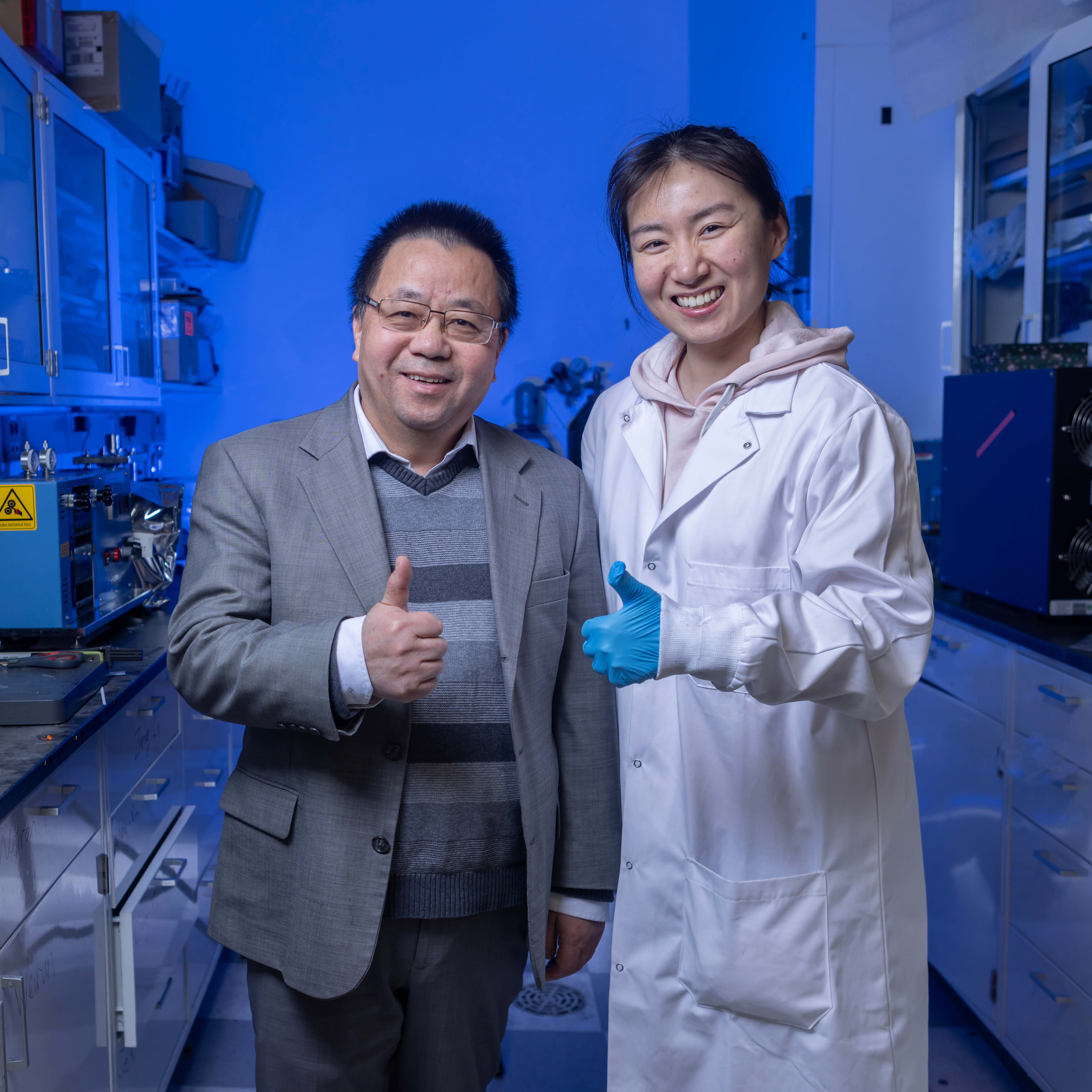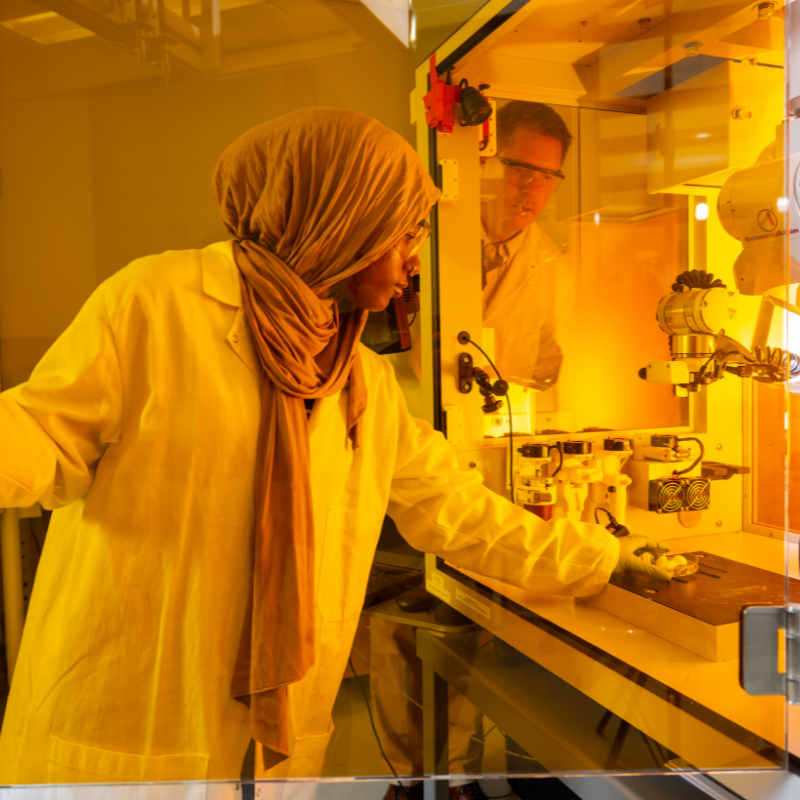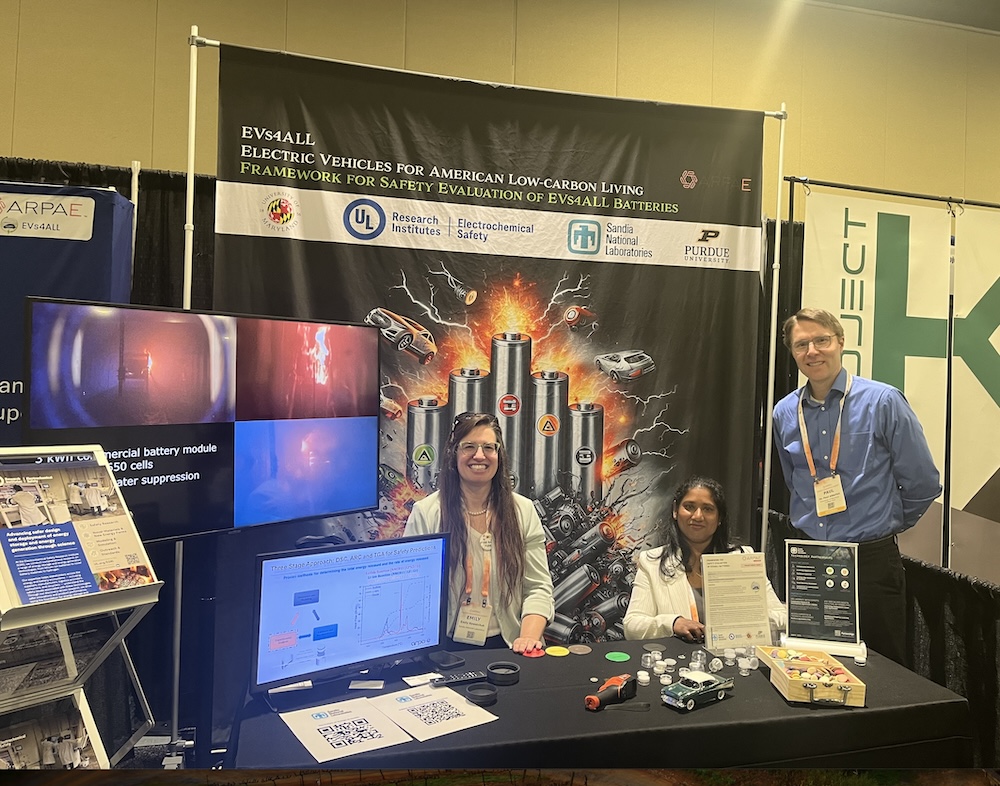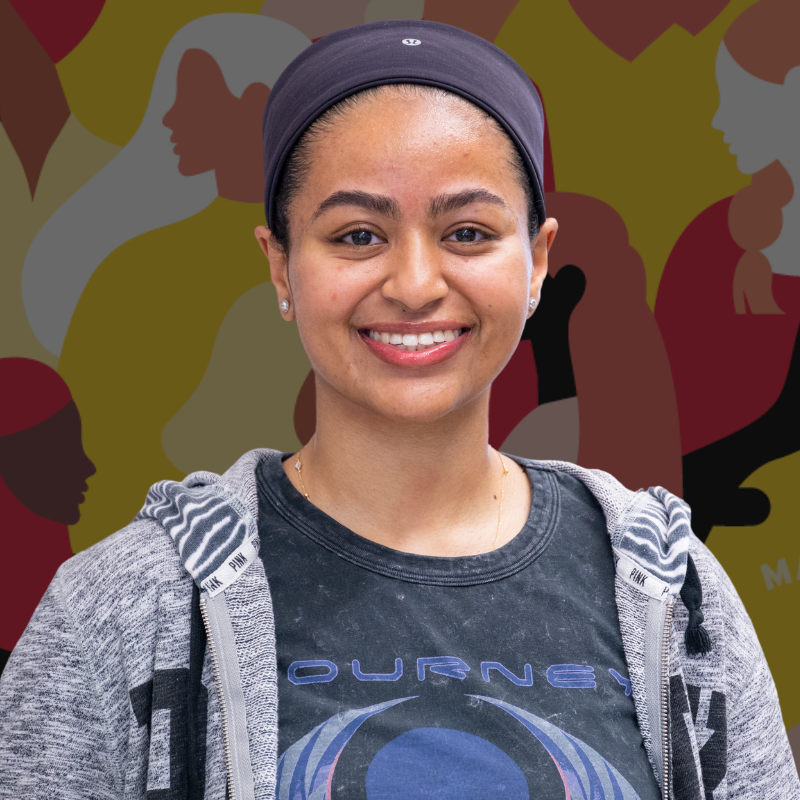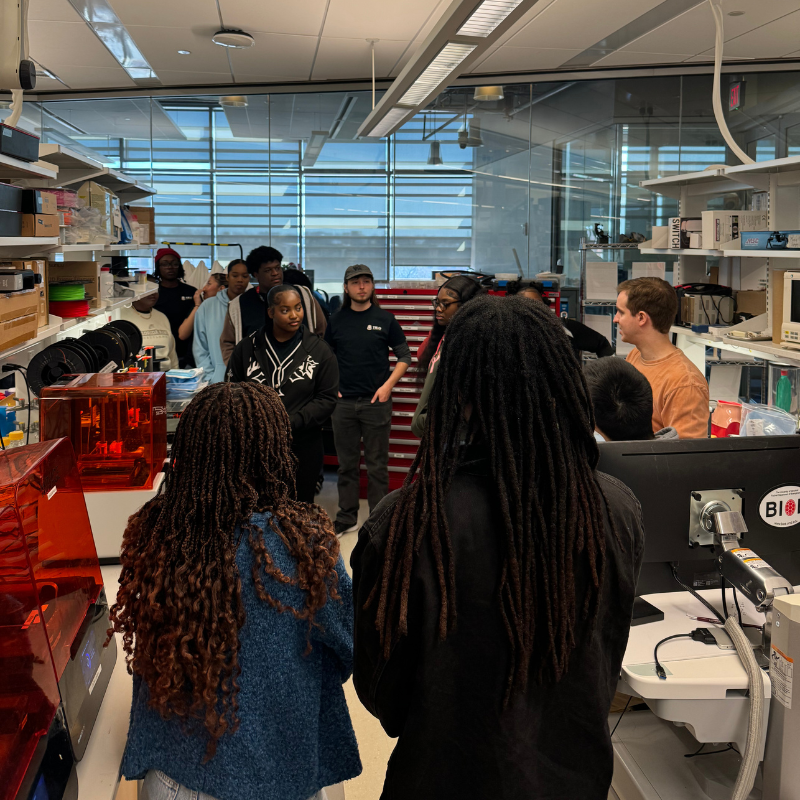News Story
Conway Wins HHMI Fellowship
Department of Chemical and Biomolecular Engineering junior Matt Conway has been awarded a Howard Hughes Medical Institute (HHMI) Undergraduate Research Fellowship for his proposed study of metabolic flux analysis in yeast cells. Conway is advised by Assistant Professor Ganesh Sriram, and conducts his work in Sriram's Metabolic Engineering Laboratory.
The competitive HHMI Fellowship program, sponsored by the Howard Hughes Medical Institute and the University of Maryland's College of Computer, Mathematical & Natural Sciences, supports the research activities of undergraduates working under the direction of a faculty mentor. The program's goal is to give talented students the opportunity to immerse themselves in the investigative process, increase their aptitude for research, collaborate directly with faculty, and strengthen their dedication to a career in medical, biological or life sciences.
"The HHMI grant is allowing me to study metabolic engineering in depth," says Conway. "I'm excited to get into another field of biological engineering that chemical engineers typically have a hand in. This will build on my experiences with biochemical engineering in my part-time job at the Bioprocess Scale-Up Facility and environmental microbiology through my work with Engineers Without Borders."
Conway will study Saccharomyces cerevisiae yeast cells to compare two methods of metabolic flux analysis (MFA), which is used to determine the traffic of carbon passing through a cell's various biochemical pathways. MFA provides researchers with data describing a cell's activities and physiology, including the output of its genes, proteins, metabolites and other molecular machinery. It also assists in cellular engineering, as it allows researchers to measure the effects of genetic manipulations on the overall metabolism of the cell.
To study the metabolism of the yeast cells, and how they process nutrients into biomass and other products, Conway will grow yeast on labeled carbon sugars, molecules that have one or more of their naturally abundant carbon-12 atoms replaced with its nonradioactive isotope, carbon-13. The cells do not distinguish between the isotopes, so they grow as they normally would. However, advanced analytical techniques including gas chromatography/mass spectroscopy and nuclear magnetic resonance imaging can be used to find the distribution of carbon-13 in the cells' biomass.
"This data can be combined computationally with data representing all of the known possible biochemical reactions in the cell," Conway explains. "This generates values for the fluxes through every reaction. The flux distribution can be compared among yeast growing in different conditions or between different strains to give us an idea of engineering manipulations that would create better yields of industrially important products like biologically derived drugs and biofuels."
The HHMI Fellowship application process is based on the submission of a formal grant proposal. Fellows are selected based on the quality of their proposals, including the feasibility of the suggested study, clarity, academic preparation, and the potential impact of the work on the students' career development. Fellows are supported for up to one year, including summer research, and are provided with both a stipend of up to $5000 and funds of up to $1500 for the supplies and equipment required for their projects.
Matt Conway recently discussed his experiences installing solar energy solutions as part of an Engineers Without Borders team stationed in Burkina Faso, Africa, at the 2011 Clark School Engineering Sustainability Workshop. Learn more »
Published April 27, 2011
